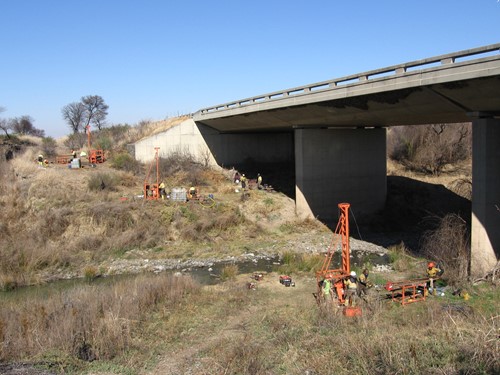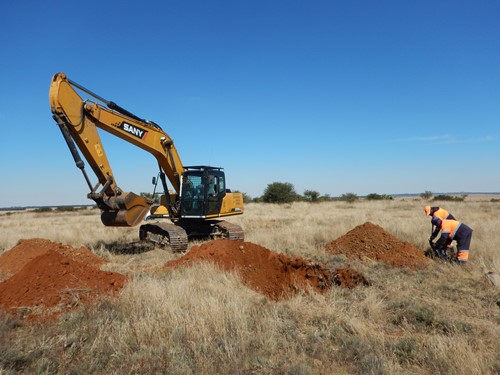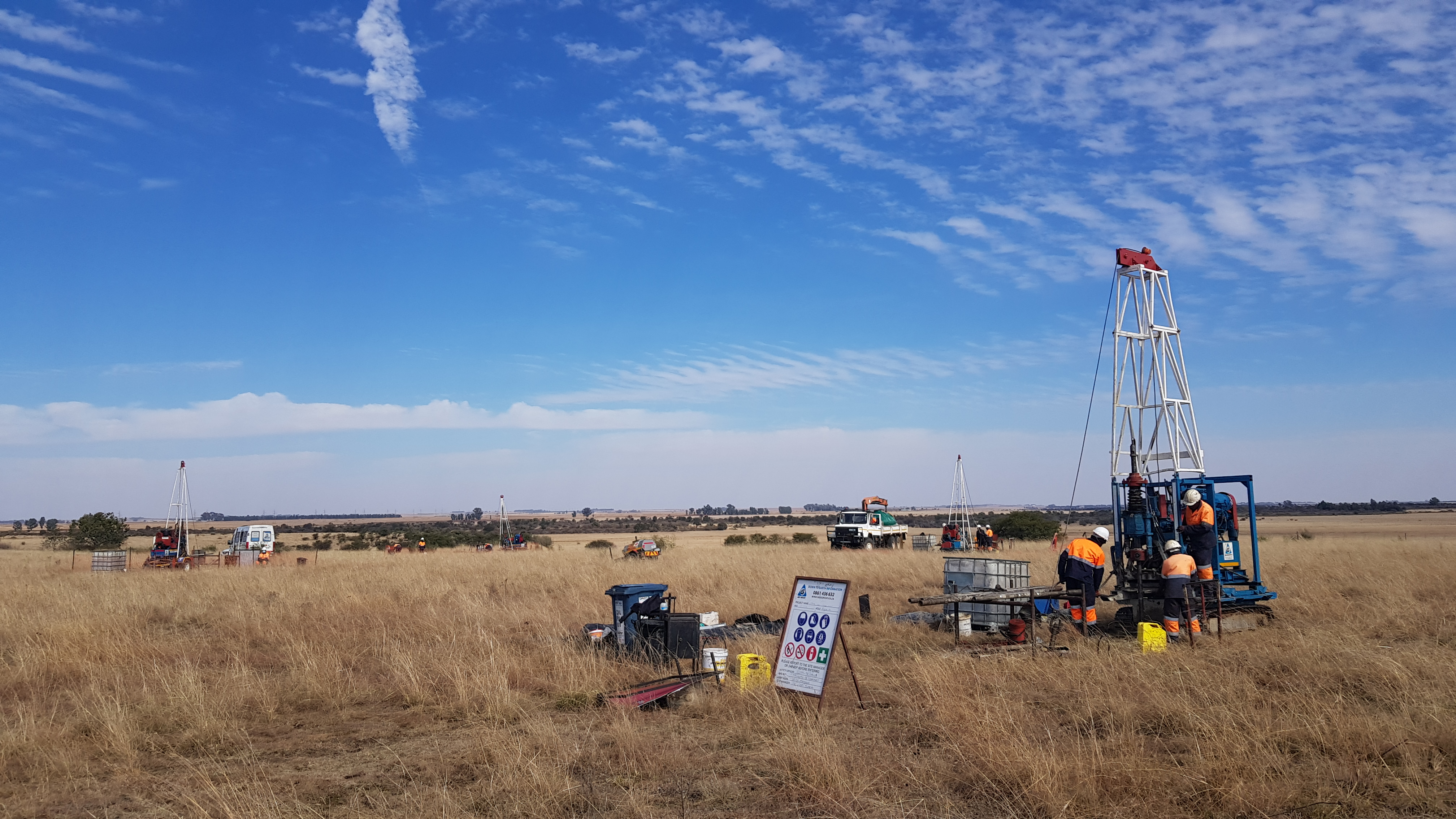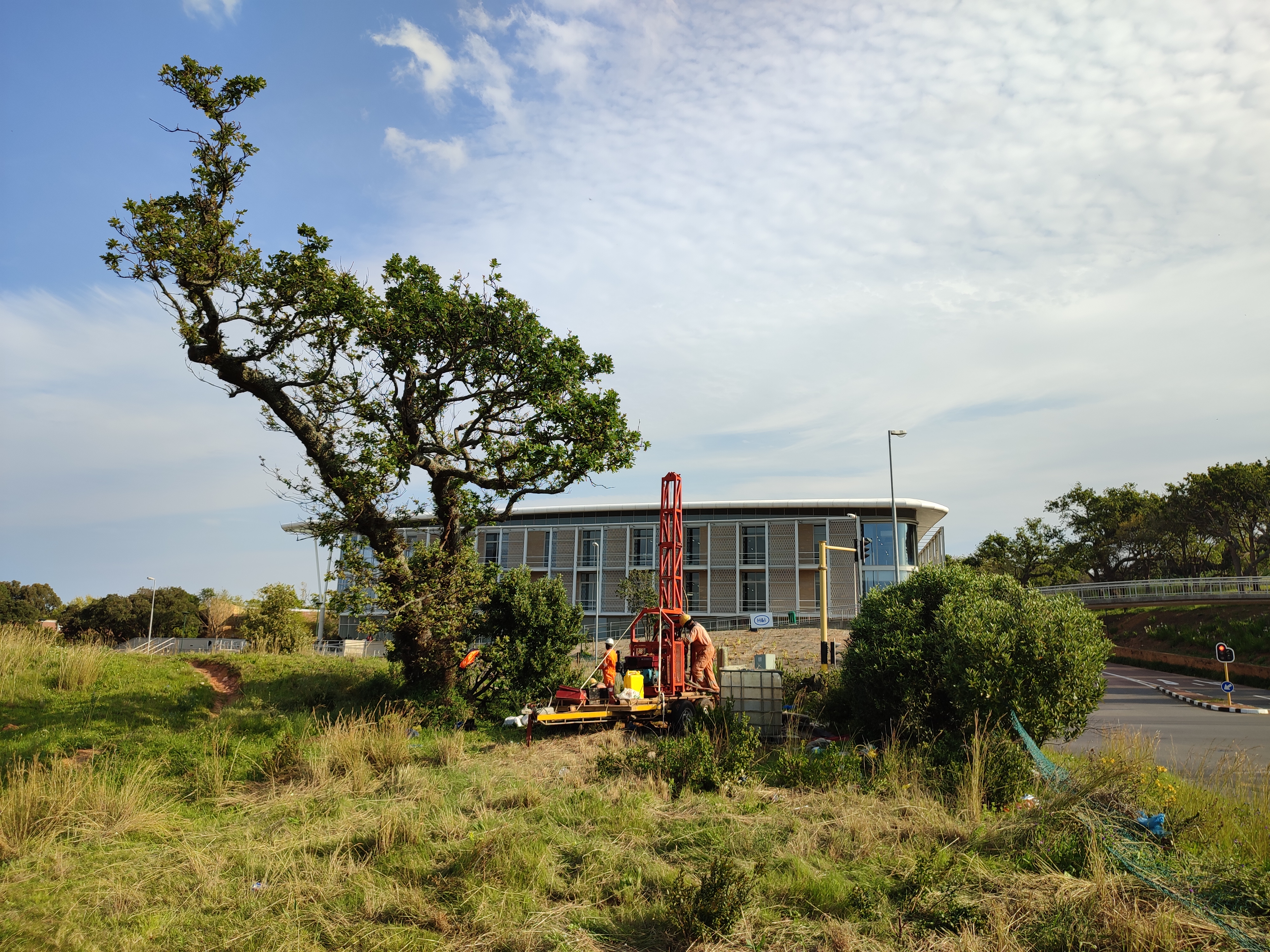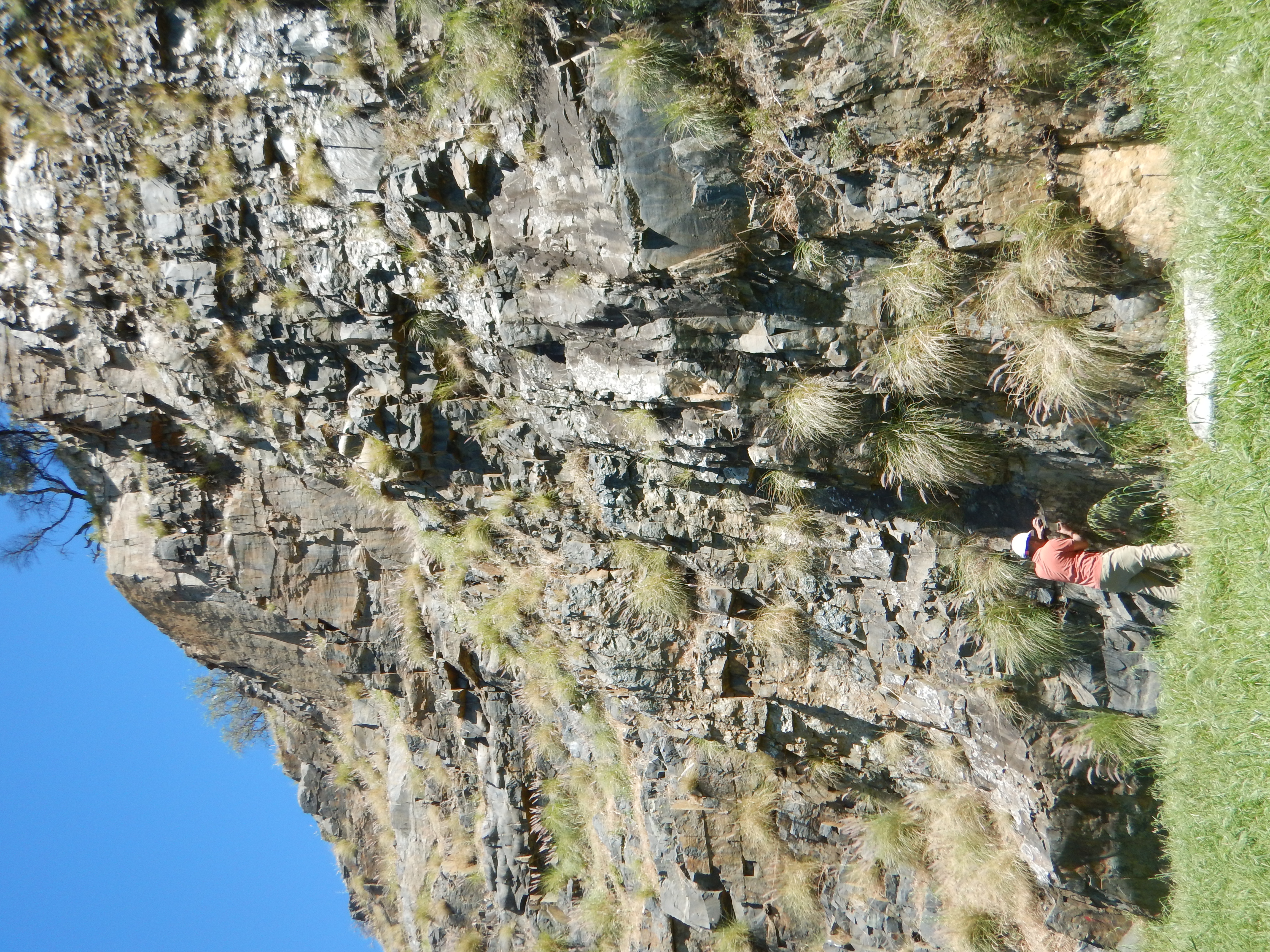Geotechnical Investigations
At HHO, we understand the need to develop infrastructure that benefits humankind. Most of what we see around us, whether it be the humblest of dwelling to the largest dam, is either supported by soil or rock. Geotechnical investigation involves methods of exploring and testing to determine the subsurface conditions and material properties that facilitate the engineering design of such structures.
Our geotechnical investigation division is highly experienced in the diverse exploratory methods and laboratory analyses of soils and rock available, and we are able to tailor the scope and methods of investigation to best suit the development proposed and the level of information desired. This, together with our geotechnical staffs' extensive experience, ensures the highest level of detail and value for money from investigations undertaken. Among the services our geotechnical investigation division can offer are:
- Planning and execution of subsurface investigations for new residences or home additions in accordance with SANS 10400
- Planning, execution and reporting on Preliminary, Phase 1 and Phase 2 detailed geotechnical investigations for township and/or housing developments in accordance with SANS 634 specifications
- Detailed soil profiling, percussion and rotary core borehole logging in accordance with SAICE’s Guidelines for Soil and Rock Logging in SA
- Planning, specification, procurement, contract administration and reporting on geotechnical investigations and testing for design of infrastructure ranging from roads to bridges, lateral support and retaining walls to multi-storey buildings including specialist structures such as reservoirs and wind turbines.
